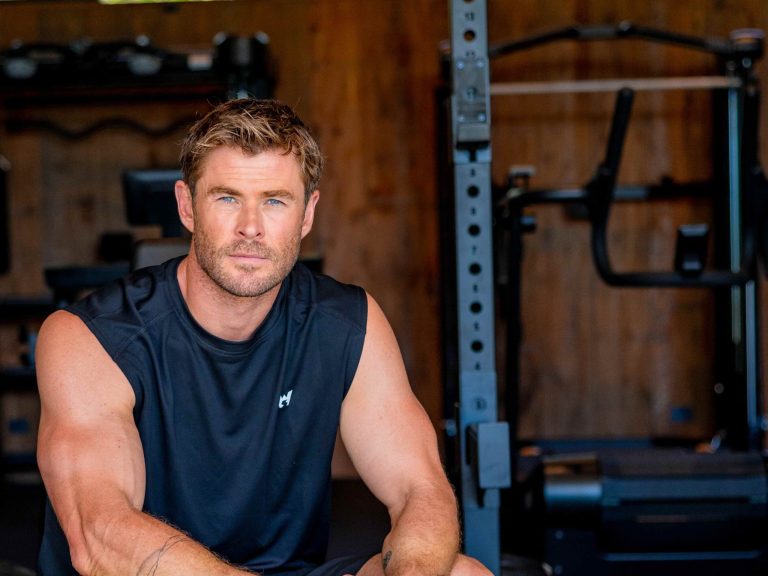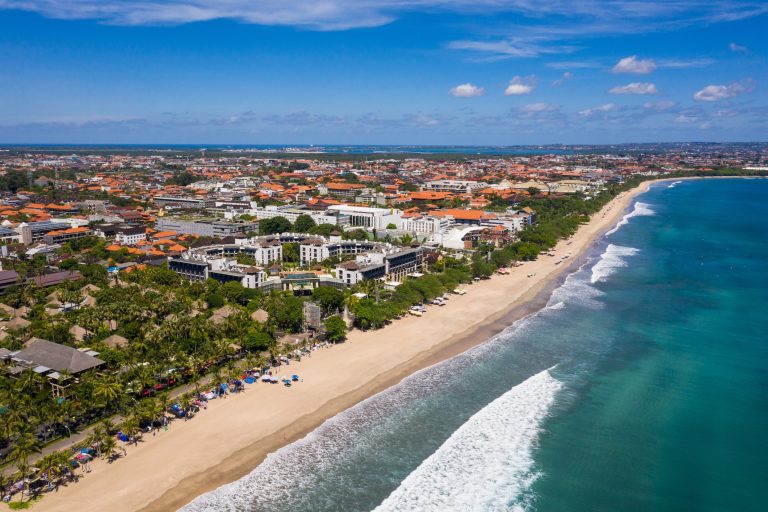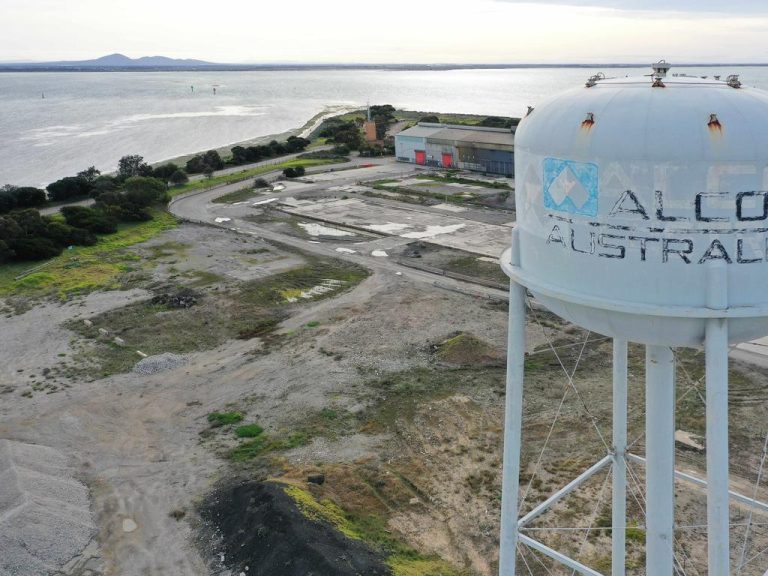Ovolo Hotels on expansion trail as heady days return

The Mamaka by Ovolo in Bali. The company wants to diversify into the second-tier markets of Gold Coast, Perth and Adelaide with the acquisition and opening of more hotels.
With complimentary cocktails, wines, beers, and nightly meet-and-greet events for guests and staff, hotelier Girish Jhunjhnuwala has eschewed the cookie cutter formula used by large American hotel chains and built up a portfolio of 13 popular Ovolo Hotel properties throughout Australia, Hong Kong and the Indonesian resort island of Bali.
Now the former manufacturing and real estate executive who built a hotel empire, starting with one Ovolo hotel in Hong Kong in 2002 and now consisting of a string of 13 hotels – all company-owned except for one leased property in Canberra – wants to diversify into the second-tier markets of Gold Coast, Perth and Adelaide with the acquisition and opening of more hotels.
And he will even consider doing joint venture deals with private developers to resurrect tired old hotels and bring them to life – whether he owns the hotels or just manages them.
In an exclusive interview in Sydney, the Hong Kong-based Mr Jhunjhnuwala, founder and executive chairman of Ovolo Hotels, revealed that it’s again heady days for domestic leisure tourism as well as the conference market in Australia. Based on that, he also wants to get into the New Zealand leisure tourism market.
Ovolo’s revenue per available room rates are up 4 per cent on pre-Covid 2019 room levels – a feat industry naysayers said would take years to achieve. Average daily rates for Ovolo Hotels, which are picking up a lot of conference business since Covid, have risen $38 on 2019 levels.
“Room rates are definitely on an uptrend. We are above 2019 levels,” added Ovolo chief executive Dave Baswal. “It’s getting better every month, up 4 per in May – compared with May 2019. Everyone was saying it would take until 2024 for us to get to the same rates.”

Ovolo South Yarra, Victoria
But despite the room rate increases, both Mr Baswal and Mr Jhunjhnuwala admit it is difficult to source hospitality staff.
“Staffing has been an issue. The hospitality industry has the same problem all around the world. In Europe they are facing the same problems with staff shortages,” Mr Jhunjhnuwala said.
Staff shortages aside, the hotel mogul attributes his success to changing the ways the larger hotels do business.
“I decided to get into the hotel business (but) there were a lot of things I didn’t like. I thought we can make a change. I didn’t like hotels nickel and diming you for everything from the mini bar to bottles of water.
“I found that was very unfriendly. So I made everything inclusive, including breakfast and a social hour where you can have a cocktail with the general manager and other guests.
“That made it a very different experience for the customers. It’s not just about a cool environment, it’s also about connecting with the other customers.” Mr Jhunjhnuwala added that the free cocktails varied from one Ovolo Hotel to another. For example, martinis are served at The Inchcolm by Ovolo in Brisbane’s Spring Hill come cocktail hour.
And while the mini bar is full of complimentary juices, beers and waters, Ovolo finds that only 46 per cent of it is consumed. More popular is the social hour because guests get to meet other customers and staff, says Mr Jhunjhnuwala, adding that the hotels attract millennials as well as baby boomers aged over 55 years wanting a change from standard cookie cutter properties.

Ovolo founder Girish Jhunjhnuwala, left, with chief executive Dave Baswal.
“One of the differences between us and the larger hotels is that they have the loyalty programs, but we don’t have those hotel programs,” he said.
“We have people coming in for the experience and not the points. If you want points go and stay in the cookie cutters, where there are rooms with no character and soul.”
On the acquisition front, Mr Jhunjhnuwala said there were a lot of nice properties “out there held by institutions and we will look at management contracts, which is something we are very keen on as well”.
“Once we cover off with (more) properties in Australia and then get into New Zealand, I am keen to take the brand into Europe and of course Southeast Asia,” he said.
“We are seeing exceptional demand for leisure … and all the hotels in Brisbane this year have seen a massive improvement in occupancy compared to 2019.
“Growth was expected, the way the leisure business has come around has been exceptional.”
The company is 100 per cent family-owned and enjoys bank funding while during the pandemic it had to close some of its hotels.
“There’s a lot of tired old assets in Australia and New Zealand,’’ Mr Jhunjhnuwala said.







